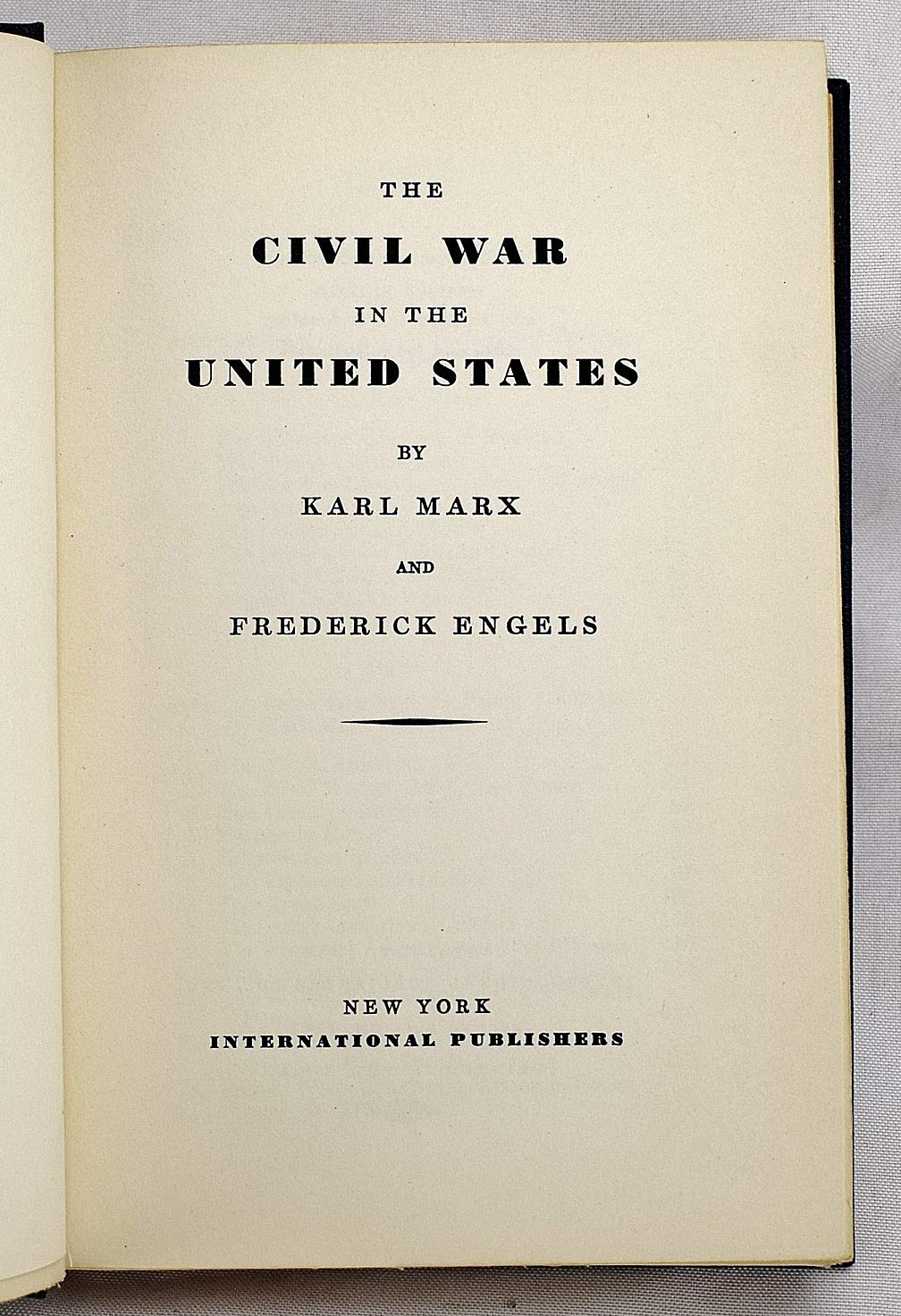“Marx and the Commons” (coauthored with Brett Clark and Hannah Holleman, Foster listed first), Social Resarch: An International Quarterly, vol. 88, no. 1 (2021), pp. 1-30.
IN HIS FAMOUS SECTION, “SO-CALLED PRIMITIVE ACCUMULATION,” IN volume one of Capital, Karl Marx (1976, 883, 908) argued that the enclosure of the commons and the expropriation of the land and lives of peoples throughout the world constituted the necessary preconditions for the agricultural and industrial revolutions in England in the seventeenth and eighteenth centuries. The genesis of modern capitalism was the result of a process of worldwide expropriation that is still occurring today. Capitalism is the negation of the commons, which, in turn, in the higher form of socialism, can be seen as the negation of capitalism (the negation of the negation) (929).
Private property, as a form of appropriation, requires as its basis enclosure and exclusion (Macpherson 1978; Marx 1973, 473; Marx and Engels 1975a, vol. 1, 228). Public wealth or use value is subordinated to the promotion of private riches or exchange value. In contrast, common or communal property, even occurring within feudalism and other tributary modes of production, is associated with collective rights of production and appropriation within a given community while promoting use values or non-commodity forms of wealth. Whereas private property is alienable, since it takes a commodity form and serves as the basis of an exchange economy, traditional communal property in the land is not, as it is rooted in a combination of historical rights associated with meeting the needs of a particular community or locality.

